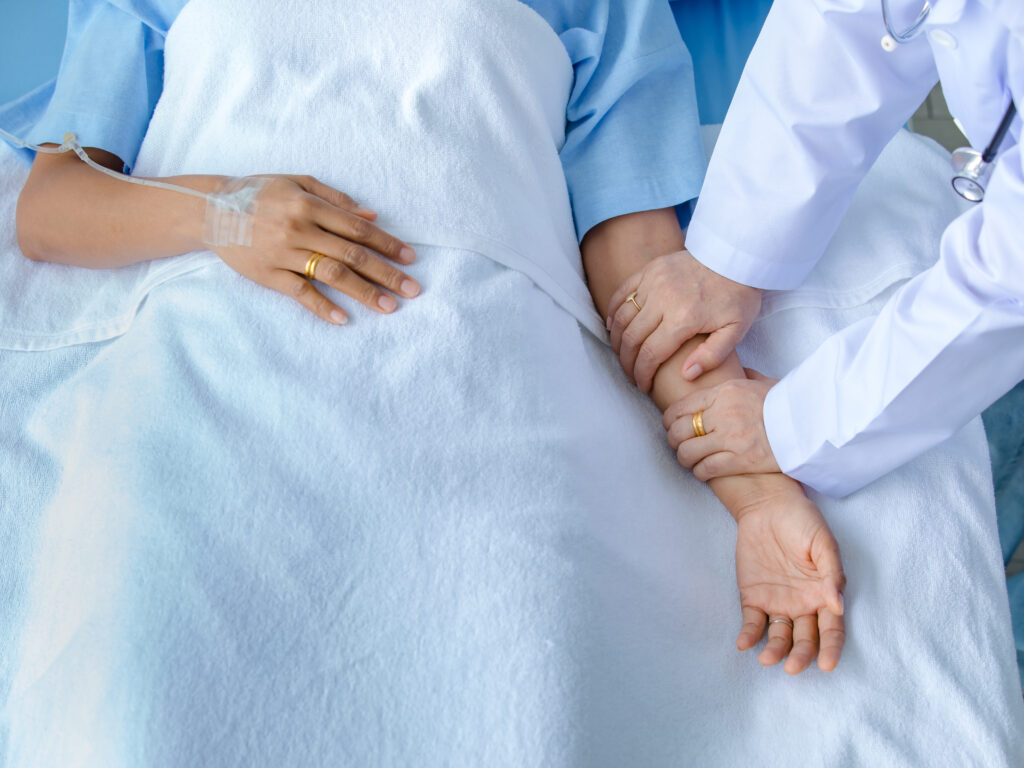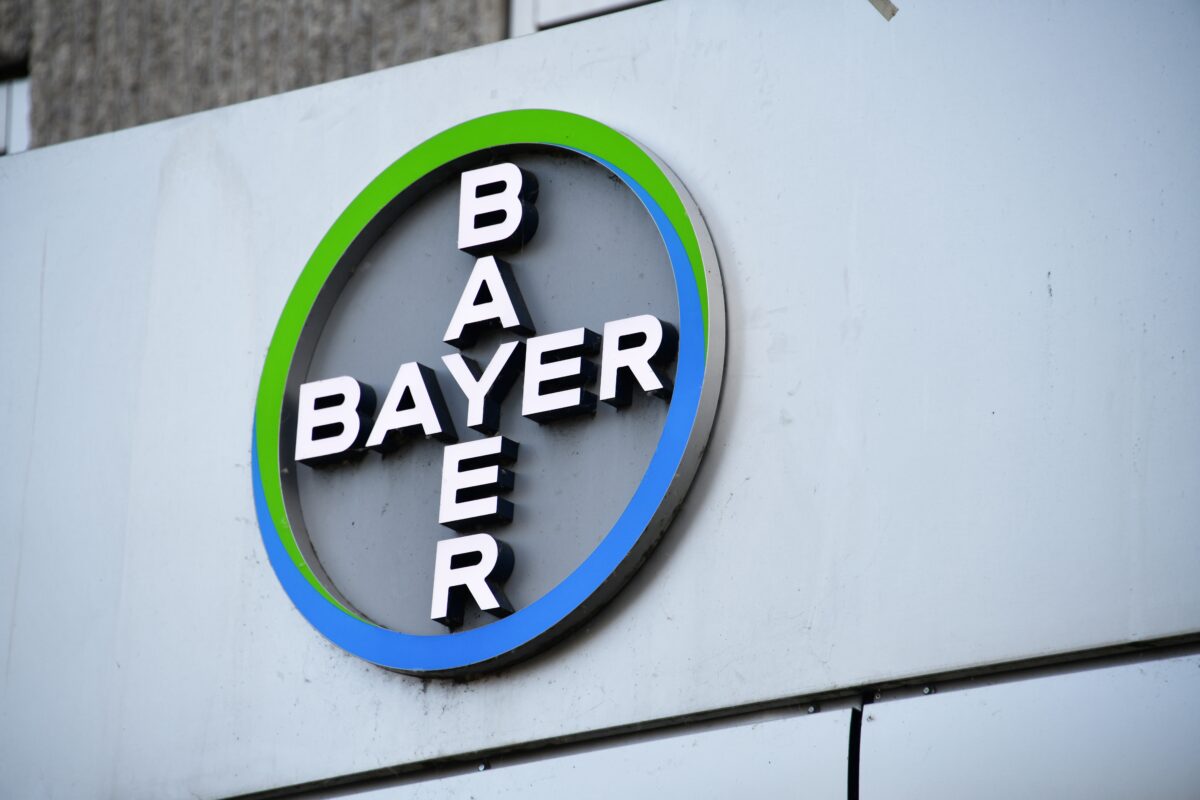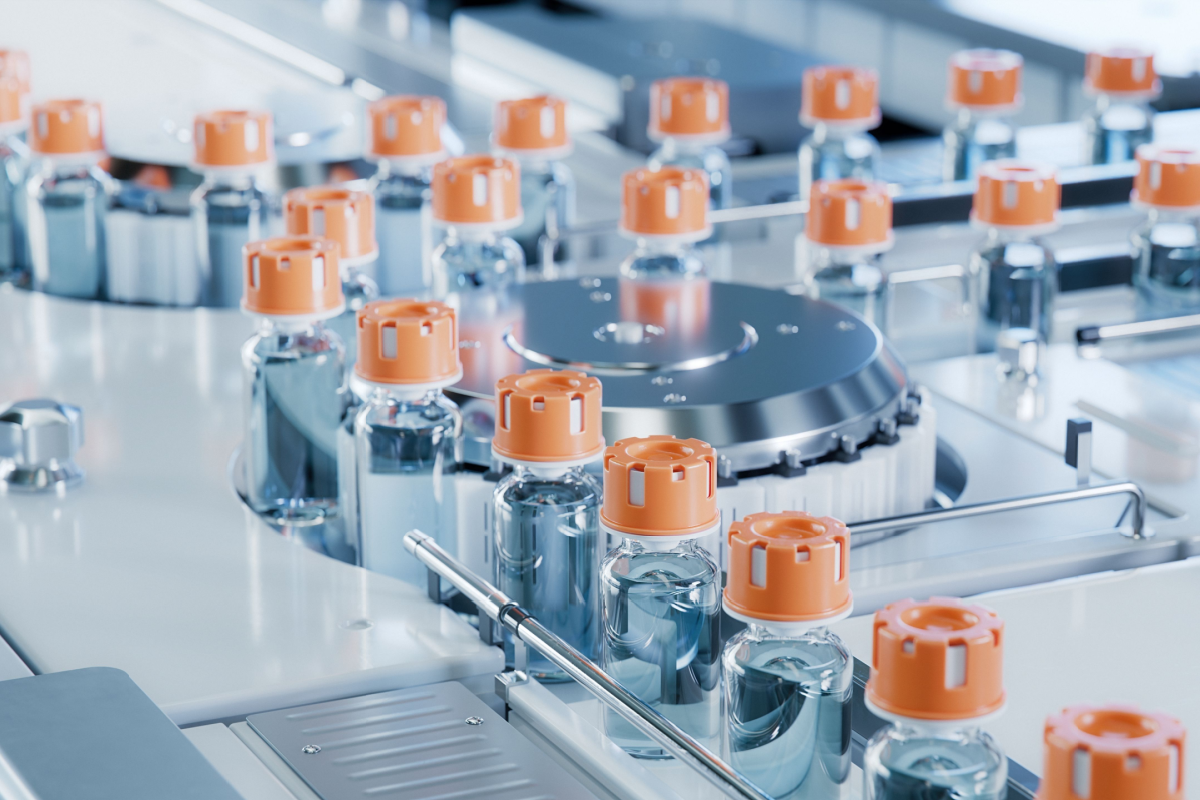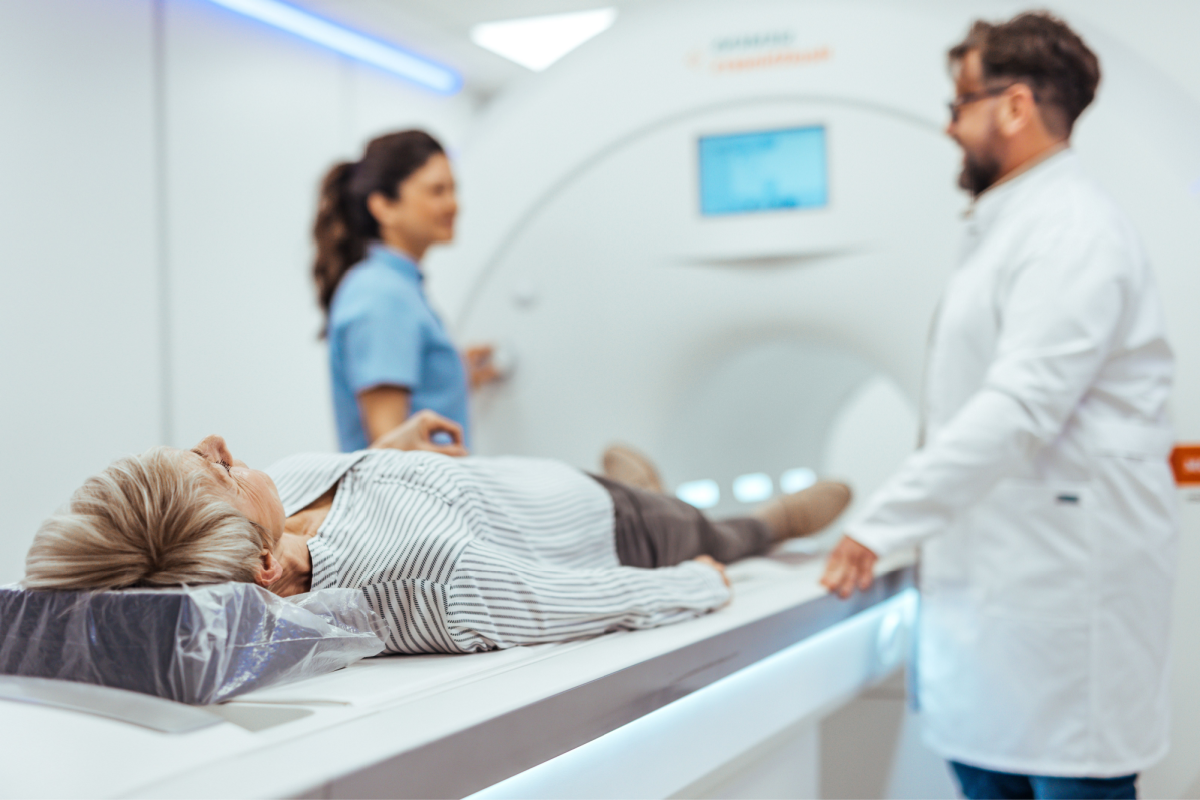Hansa Biopharma has announced positive complete results from its single arm 15-HMedIdeS-09 Phase II study on the use of imlifidase for the treatment of the rare disease Guillain-Barré syndrome (GBS).
The company conducted an indirect treatment comparison analysis of 15-HMedIdeS-09 study data to the International Guillain-Barré Syndrome Outcome Study (IGOS), a worldwide prospective study by the Inflammatory Neuropathy Consortium on prognosis and biomarkers of GBS.
GBS is a rare and serious autoimmune disorder in which the immune system attacks the peripheral nervous system, leading to muscle weakness and, in severe cases, paralysis.
Standard treatments, such as intravenous immunoglobulin (IVIg) and plasma exchange, aim to reduce immune attack, but are not always effective in rapidly reversing symptoms or preventing long-term disability.
Imlifidase is an enzyme that works by cleaving immunoglobulin G (IgG) antibodies, thereby halting the immune-mediated damage that characterizes GBS.
In GBS, IgG plays a pivotal role in driving inflammatory attacks on peripheral nerves and is closely associated with the disease’s severity and progression. Rapidly reducing IgG levels can potentially benefit GBS patients by depleting the pathological antibodies, thereby halting disease progression, accelerating recovery and mitigating the severity of the condition.
The first-in-class IgG cleaving enzyme has shown promise in other applications, including kidney transplantation and antibody-mediated rejection.
XTALKS WEBINAR: How Quality Management Drives Continuous Improvement for Life Sciences Organizations
Live and On-Demand: Wednesday, February 19, 2025, at 10am EST (4pm CET/EU-Central)
Register for this free webinar to learn how quality management can serve as a catalyst for continuous improvement for life sciences organizations to evolve in an ever-changing regulatory landscape.
The Phase II 15-HMedIdeS-09 study was designed to evaluate the safety, efficacy and tolerability of imlifidase in individuals with GBS.
A total of 30 patients were enrolled across multiple centers in Europe and North America. Participants received imlifidase in combination with IVIg.
Severe GBS patients treated with a single dose of imlifidase (0.25 mg/kg) plus IVIg exhibited rapid overall improvement in functional status, including expedited recovery of muscle strength, fast return to independently walking and a median time to independently walk — measured by reaching a score of 2 on the Guillain-Barré Syndrome Disability Scale (GBS DS) by 16 days.
By the first week, 37 percent of patients were able to walk independently. The mean improvement in muscle strength was 10.7 points as assessed by the Medical Research Council (MRC) sum score.
By eight weeks, 67 percent of patients were able to walk independently, 40.7 percent of patients had regained the ability to run and 37 percent had improved by at least three points in the GBS DS.
Six months after imlifidase treatment, 63 percent of patients were able to run or had no functional disability (GBS DS ≤1).
The median time to improve by at least one grade in the GBS DS was six days.
In the analysis comparing the study data from 27 severe GBS patients treated with imlifidase and IVIg to the IGOS real-world comparator group of 754 severe GBS patients treated with just IVIg, patients in the 15-HMedIdeS-09 study experienced significantly faster improvement in disability as measured by the GBS DS.
Patients treated in the 15-HMedIdeS-09 study advanced by at least one level on the GBS DS three weeks earlier and regained independent walking ability (GBS DS ≤2) six weeks sooner compared to those in the IGOS real-world comparator group treated with IVIg.
Overall, patients in the 15-HMedIdeS-09 study were more likely to more rapidly regain the ability to walk independently than the IGOS real-world comparator group.
At one week, patients in the 15-HMedIdeS-09 study were 6.4 times more likely, and at four weeks, 4.2 times more likely to walk independently than patients in the IGOS real-world comparator group.
Imlifidase was well-tolerated with no unexpected adverse events reported. The majority of side effects were mild to moderate and included infusion-related reactions.
In a statement announcing the trial results, Hitto Kaufmann, chief R&D officer, Hansa Biopharma, said, “Our Phase II study results and the indirect treatment comparison with IGOS are critically important. Together they demonstrate the significant role imlifidase may play in future treatment options for GBS patients.”
“Unlike other molecules, imlifidase can effectively and very rapidly remove IgG through enzymatic cleavage — halting the progression of nerve damage associated with GBS and stopping disease progression. The main goal of improved GBS treatments is to stop nerve damage early, reducing the time of hospitalization and support patients in regaining independence sooner.”
“These findings underscore the role pathogenic IgG plays in severity and progression of GBS, and the clear potential of imlifidase to address unmet need in IgG-driven autoimmune diseases where faster acting treatment options are needed.”
Hansa Biopharma plans to advance imlifidase to Phase III clinical trials to confirm its efficacy and safety in a larger patient population.
Sweden-based Hansa is focused on developing immunomodulating biologic therapies for rare immunologic conditions using its first-in-class IgG cleaving platform. The company says it is focused on IgG-driven immune-mediated diseases where there is high unmet medical need and little to no treatment options.
In addition to imlifidase, a first-generation, first-in-class, single-dose therapy that is conditionally approved in the European Union (EU) for desensitization in kidney transplantation, the company’s HNSA-5487 is a second-generation molecule with redosing potential. Hansa is developing HNSA-5487 for acute exacerbations in neuro-autoimmune disease, including myasthenia gravis (MG).
If you want your company to be featured on Xtalks.com, please email [email protected].












Join or login to leave a comment
JOIN LOGIN